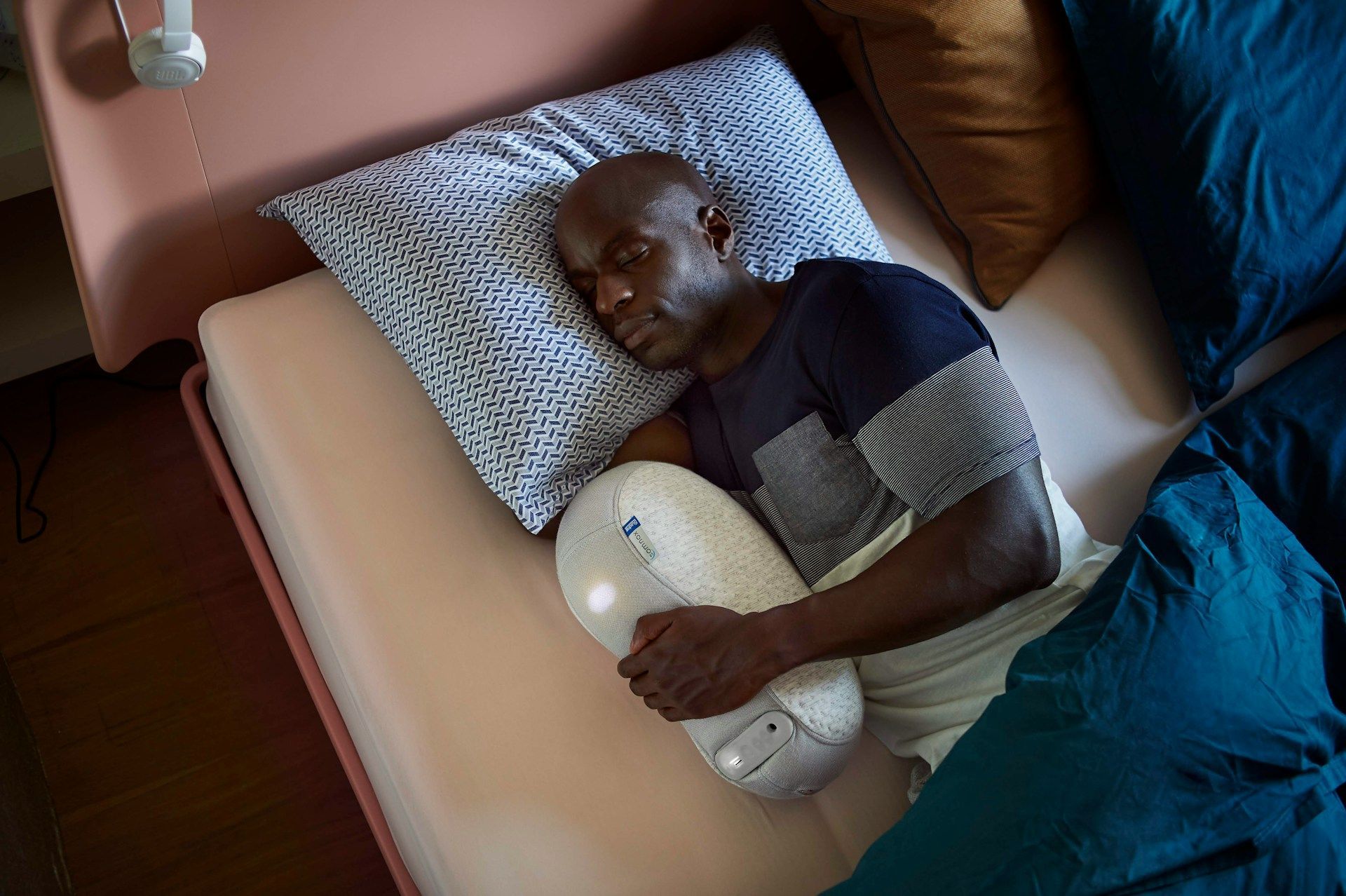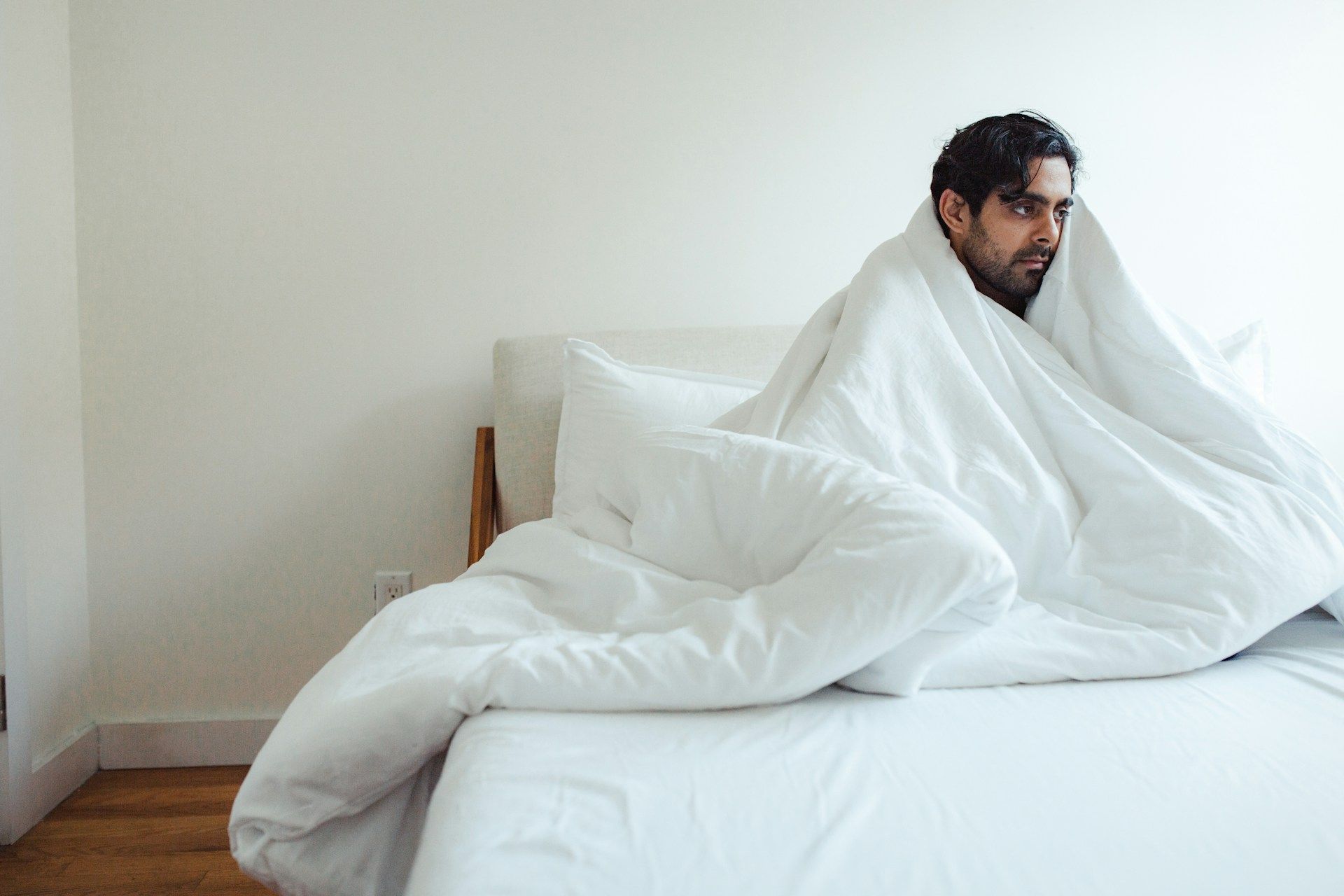The Impact of Sleep Apnea on Cognitive Function: Understanding the Connection and Solutions

Sleep apnea is a challenging condition that can have widespread effects on an individual's health and well-being. Notably, sleep apnea has been linked to negative impacts on cognitive function, affecting memory, focus, processing speed, and overall mental sharpness. Sleep Advantage, a sleep apnea treatment center in Arlington, WA, is dedicated to helping patients who struggle with snoring or are CPAP intolerant find effective solutions for addressing these cognitive concerns.
In this informative blog post, we will examine the connection between sleep apnea and cognitive function, highlighting how sleep disruptions can lead to a decline in mental performance. Furthermore, we will discuss potential solutions and treatments for mitigating the negative effects of sleep apnea on cognitive function and improving both sleep and mental health.
Sleep apnea occurs when an individual's breathing is interrupted during sleep, often leading to poor sleep quality and resulting in a range of cognitive disturbances. As sleep plays a crucial role in many cognitive functions, including memory consolidation and attention, sleep apnea's disruptions to sleep quality can have significant consequences for an individual's cognitive performance.
Cognitive Functions Affected by Sleep Apnea
Sleep apnea can negatively impact several aspects of cognitive function, including the following:
- Memory
Memory is a critical cognitive process that allows individuals to encode, store, and retrieve information. Sleep apnea's disruptions to sleep can directly affect memory consolidation, leading to difficulties in both short-term and long-term memory recall. Research has shown that individuals with sleep apnea are more likely to experience memory impairments, which can impact daily functioning and overall cognitive performance. - Attention and Focus
Sleep apnea can result in daytime sleepiness and fatigue, which can significantly impact an individual's ability to maintain attention and focus. This lack of concentration can lead to diminished productivity and increased difficulty in completing tasks that require sustained mental effort. - Processing Speed
Processing speed refers to the time it takes for an individual's brain to absorb, process, and respond to information. Sleep apnea, through its disruption of normal sleep patterns, can cause a decline in processing speed, affecting an individual's ability to quickly comprehend and react to stimuli. This decrease in processing speed can hinder problem-solving abilities and overall cognitive efficiency. - Executive Functioning
Executive functioning encompasses a range of higher-order cognitive processes, such as decision-making, planning, and problem-solving. Sleep apnea's impact on sleep quality and cognitive function can contribute to difficulties in executing these complex mental tasks, leading to challenges in daily life and potentially detrimental consequences.
Potential Solutions and Treatments
To counteract the cognitive decline associated with sleep apnea, individuals can explore a variety of solutions and treatments, including:
- Seek Sleep Apnea Treatment
Consulting with a sleep specialist, such as those at Sleep Advantage, can help individuals determine the most appropriate treatment option for their sleep apnea. Treatment possibilities include continuous positive airway pressure (CPAP) therapy, oral appliances, positional therapy, or lifestyle changes. Effective management of sleep apnea can lead to improved sleep quality and potentially alleviate cognitive concerns. - Establish a Consistent Sleep Schedule
Maintaining a consistent sleep schedule is essential for promoting optimal cognitive function. Going to bed and waking up at the same time each day can help regulate the body's internal clock and improve overall sleep quality. A regular sleep pattern can support cognitive processes by providing the brain with sufficient restorative sleep. - Practice Sleep Hygiene Techniques
Incorporating sleep hygiene practices into one's daily routine can help promote better sleep quality and potentially counteract the cognitive impairments associated with sleep apnea. Some sleep hygiene techniques include: - Creating a sleep-conducive environment (dark, quiet, cool, and comfortable)
- Limiting screen time before bed
- Reducing caffeine and alcohol consumption, particularly in the evening
- Employing relaxation techniques, such as meditation, deep breathing, or progressive muscle relaxation
- Engage in Cognitive Stimulation
Regular cognitive stimulation can help support and enhance cognitive function, potentially counteracting the negative impacts of sleep apnea. Engaging in activities that challenge the mind, such as solving puzzles, learning a new skill, or participating in memory exercises, can stimulate cognitive function and promote mental sharpness. - Promote Overall Health and Well-being
Addressing overall health and well-being can have a positive impact on cognitive function by reducing risk factors and providing the mind and body with the resources needed to function optimally. Some health-promoting strategies include: - Regular physical activity
- Healthy diet
- Stress management
- Social interaction and support
Conclusion
Understanding the connection between sleep apnea and cognitive function is crucial for individuals looking to mitigate the negative effects of this sleep disorder on their mental performance and overall health. By implementing potential solutions and treatments, such as seeking appropriate sleep apnea treatment, maintaining sleep hygiene, and engaging in cognitive stimulation, individuals can work towards improved cognitive function and enhanced quality of life.
Sleep Advantage is committed to assisting patients in addressing these challenges, providing support, resources, and evidence-based strategies to achieve optimal cognitive health and well-being. If you need an
alternative to CPAP, contact us today!










